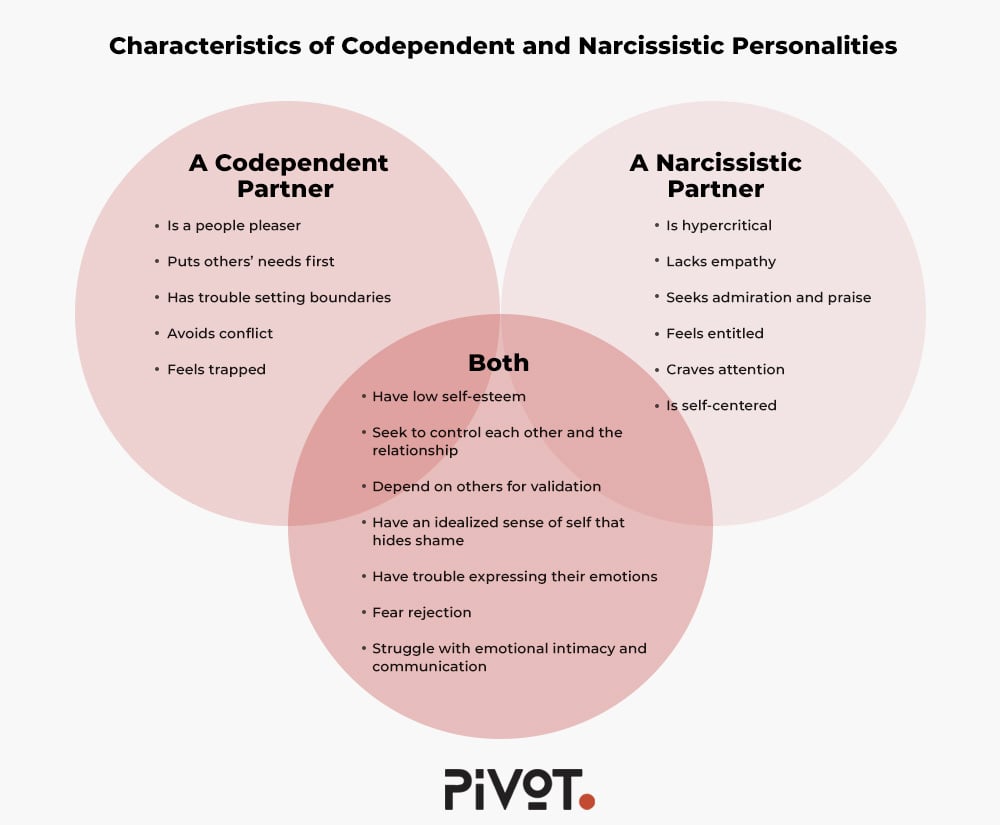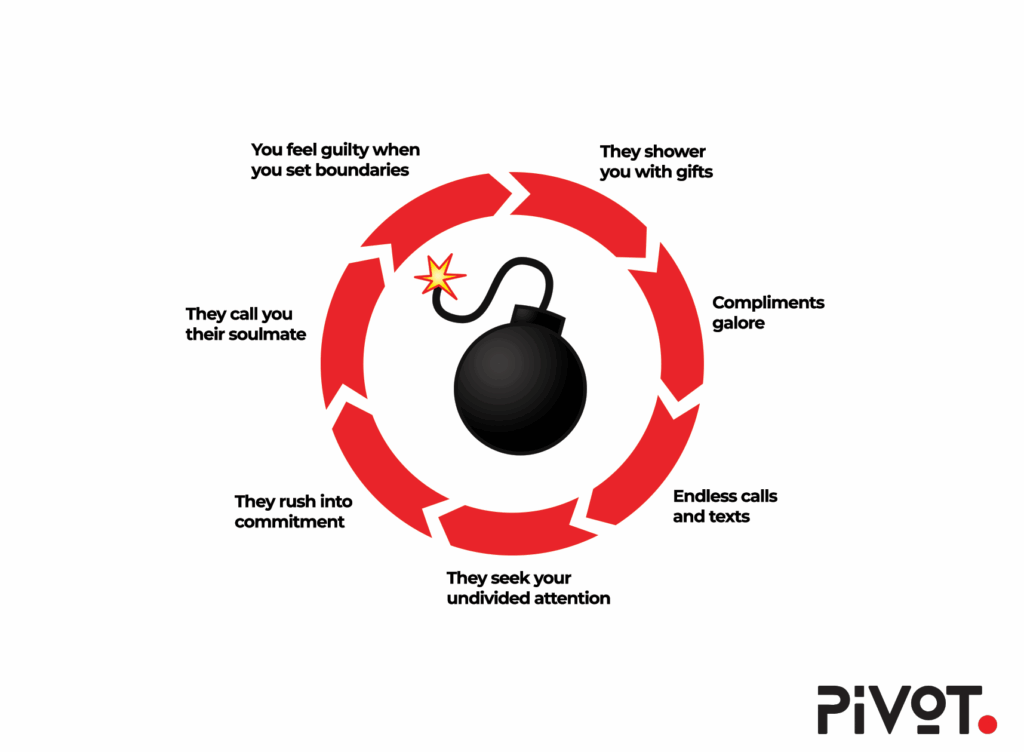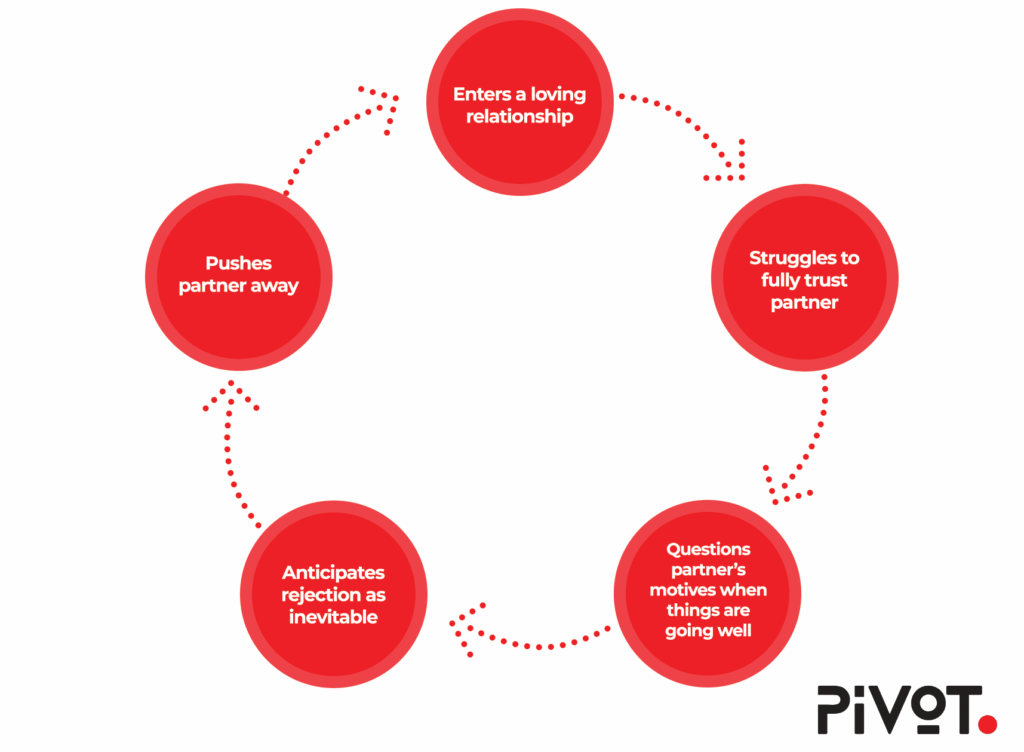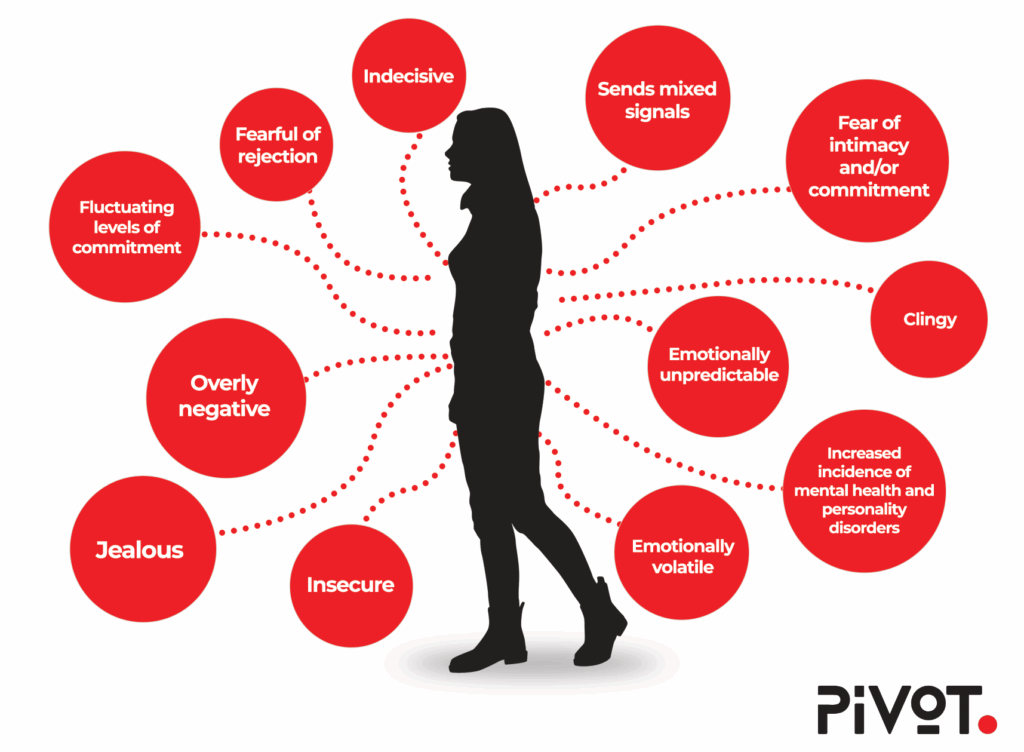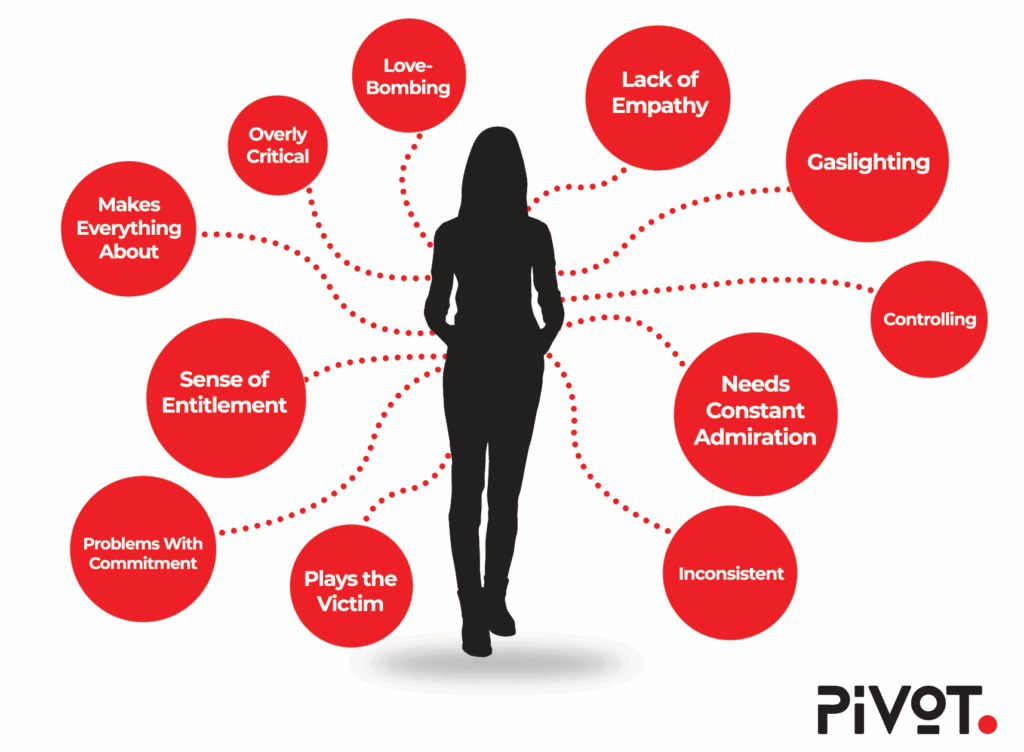As much as you want to believe that your relationship can recover after infidelity and that putting time and effort into its recovery will be worth your while, here’s where it gets tricky: infidelity makes things messy and complicated. It leaves the partner who was cheated on with the bitter aftertaste of disappointment and the partner who cheated with the feelings of guilt – intensified while the other partner is trying to get to a place of forgiveness.
If one of you was unfaithful, yet both of you are now willing to make it work, what can you do to initiate the healing process and rebuild a healthy relationship? If you agree that your relationship is worth saving, can it survive and last? You may wonder if it’s even possible: “Can a relationship work after cheating?”
Dealing With Infidelity and the Aftermath
If you and your partner are navigating the aftermath of infidelity, being in the same room or attempting meaningful communication might feel impossible. However, understanding what led to the betrayal is the only way to heal and rebuild trust. Infidelity often stems from deeper emotional, relational, or personal problems, and addressing these issues will give you a strong foundation to move forward together. Seeking the guidance of a professional relationship coach or attending a private couple’s retreat can provide a safe space for you to unpack these challenges and work toward reconnection.
Key Steps in Dealing With the Aftermath of Infidelity |
|
|
Creating Safe Spaces |
Establish non-judgmental environments to discuss emotions and needs. |
|
Identifying Underlying Causes |
Explore what contributed to the infidelity, such as unmet needs or communication gaps. |
|
Rebuilding Trust |
Develop consistent, honest communication and transparency to rebuild faith in one another. |
|
Seeking Professional Help |
Work with an expert relationship coach to facilitate difficult conversations and mediate healing. |
|
Strengthening the Relationship |
Set goals, practice vulnerability, and rediscover your shared values and unique connections. |
A PIVOT couples retreat is a profound experience designed to help you and your partner work through the challenges of infidelity in a supportive and nurturing setting. These retreats allow you to disconnect from everyday distractions and focus entirely on your partner and relationship. Guided by our expert coaches, you’ll delve into the root causes of betrayal, explore your attachment styles, and learn practical tools you can implement during the retreat and beyond to build a healthier, more secure bond.
Benefits of attending a couples retreat include:
- Time to process and understand your WHY?
- Take an honest look at the possibility of reconciliation or consciously uncoupling.
- Get appropriate tools and boundaries to deal with the aftermath of betrayal.
Through targeted exercises, honest communication, and the guidance of our skilled facilitators, PIVOT couples retreats empower you to rebuild your fractured relationship with empathy, understanding, and lasting solutions to move forward.
Once A Cheater Always A Cheater: Is It True?

If you fear that a partner who cheated once will do it again, you’ll have to get honest with yourself: yes, it could be true. But it’s far from a universal truth. The damage is done, but if both partners are equally willing to make it work, there is hope yet. This depends mainly on whether partners can regain and rebuild mutual trust and make room for reconnection, understanding, and forgiveness.
Distrust is toxic, destructive, and breeds dysfunction. Initially, there will be distrust – it’s expected in the fallout of such a betrayal, and it will take time to earn that trust back. However, continued mistrust toward the partner could doom a relationship that might be worth saving. Regardless of whether it was you or your partner who cheated, the situation will be beyond help if there is continued distrust between the two of you over a long period of time.
Can A Relationship Work After Cheating, Can You Move Past It?
First and foremost, you have to give yourself time, regardless of whether it was you or your partner who cheated. Couples can and do overcome and bounce back after infidelity, sometimes with renewed passion.
But moving past cheating and staying together with a cheating partner is possible only if you meet the main criterion: look at the relationship through a lens of reality, including what you may need to change. betrayal is not excusable; however, make an honest attempt to understand how it happened. It takes time to let go of the resentment toward the partner who cheated; however, if you don’t over an appropriate amount of time, the relationship will not be repaired.
To make matters worse, unresolved anger and resentment could have a detrimental effect on you as a person and render you incapable of truly moving on. Having unresolved issues because you were cheated on can have a lasting impact on your emotional and romantic life. Even if you decide to end the relationship in which you were cheated on, the frustration you have failed to deal with could spill over and impact your future relationships. Provided that both of you are willing to go all out and capable of mustering the strength to salvage the relationship, can you do it on your own, or should you seek professional help and guidance? Together with your partner, you can try a relationship-building skills workshop or, better yet, a private couple’s retreat for reconnection. If you think you could use some alone time to try and overcome issues of your own, perhaps you should try working alongside an individual coaching expert beforehand.
How Often Do Couples Stay Together After Infidelity?
Cheating appears to be common among both men and women, even in what are supposed to be loving, committed relationships. How often is it a deal breaker? The statistics appear grim.
According to some estimates, few couples who have experienced infidelity can rework their relationship by themselves and make it last. Almost half of the couples decide to end the relationship immediately after the truth comes out, and a third decides to try to make it work, but they eventually break up. This is primarily because the couple did not get help initially.
Most people are caught off guard by their partner’s infidelity. Whether because they fail to recognize issues in their relationship or because they trust their partner without reservation, they never see it coming. Whether or not they can overcome and truly recover from infidelity could depend on the circumstances under which infidelity took place:
- The partner’s willingness to discuss the affair openly
- The details of the affair
- The level of emotional intimacy between partners
Can A Relationship Go Back To Normal After Cheating?
If attempts at reconciliation and recovery are one-sided, it’s pointless even to try to patch things up. If you and your partners are committed to making it work and bringing the romance back to life, challenging times lie ahead. However, it can become healthy again. In some cases, relationships can actually become BETTER than ever.
It’s extremely difficult for a couple to go back to normal and rebuild trust in their relationship after infidelity because trust violation is inevitable. The partner who was cheated on is likely to have major trust issues, and so will the partner who cheated. Keep in mind that people who cheat on a regular basis are often jealous and suspicious of their partners because they project their own negative emotions and desires onto others. Chances are you both could use some time to think things through and possibly some alone time. You can consider taking a break from your relationship and then start over if you both feel it is the right thing to do. Some couples choose to attend a couples retreat as part of the healing process.
Steps To Rebuilding A Relationship After An Affair
Mutual commitment to investing time, energy, and emotional work into resolution
Renegotiating the terms of the relationship
Commit to understanding why the betrayal happened and be accountable for the actions.
Open communication between partners so they can begin to get a plan in place of how to move forward to build trust again if the intention is to stay together as a couple.
And then with the help of a professional to move forward based on the information that was uncovered and worked through during the healing time
Bounce Back With Healthy Relationship Workshop Activities!

Smoothing things over with your partner and rebuilding a strong and healthy relationship is hard work, especially after infidelity or adultery. Regardless of which partner had the affair, you need to join hands and work toward recovery. It’s time to lean in to deeper understanding, and we are here to give you our support and professional guidance through our relationship workshops. Some couples find that they can make the most progress with individual coaching sessions, and others prefer to take our customized intensive workshops. The PIVOT process could be the answer you have been looking for. Call now!
Transform Your Relationships With PIVOT
PIVOT offers expert relationship coaching for couples navigating the aftermath of infidelity. If you’re wondering, “Can a relationship work after cheating?” our experienced coaches are here to guide you. Reach out to begin your journey to a healthier, happier life. You can reach us at 1-855-452-0707





